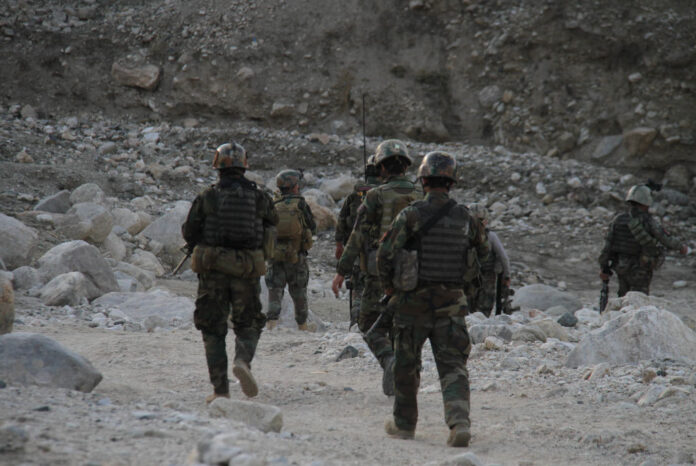Author: Adam Casey
Affiliation: Weiser Center for Emerging Democracies
Organization/Publisher: World Politics, Cambridge University Press
Date/Place: July, 2020/USA
Type of Literature: Academic Journal Article
Number of Pages: 37
Keywords: Authoritarian Durability, Civil-Military Relations, Foreign Interventions, Cold War, Great Power Foreign Policy, Alliances, Military Coups, Coup Prevention
Brief:
The author utilizes both qualitative and quantitative methods to examine the effect of foreign sponsorship on regime survival. Specifically, identifying the relationship between the kind of foreign sponsorship one has and the durability of that authoritarian regime against both external and internal threats. The author argues that foreign sponsorship has a direct effect on coup prevention. Regimes which were sponsored by the USSR never underwent a coup attempt due to the political and civilian strategies given to the regimes by their sponsor. On the other hand, the study identifies that Western-backed authoritarian governments had very little protection from threats because Western sponsors were more focused on keeping loyalty, and therefore did not share strategies. Western sponsors also were quick to normalize relationships with putschists soon after the coup. The author uses historical cases from 1946 to 2010 to show that Soviet-backed countries consistently had a number of mechanisms such as political commissars, secret services and civilian oversight that prevented coups. These civilian control mechanisms reported to party committees and shared intelligence with political actors so as to prevent misbehavior within the army. During the same time range, American policymakers were preoccupied with preventing Marxist and Islamist takeover which the US deemed against its interests. According to the data provided, the stark divergence is clear. The US and its allies sought to strengthen military power in order to counter communist and Islamist forces while the Soviets did the opposite. Soviet sponsorship reduces the hazard of regime collapse by 78 percent—resulting in zero regime-ending military coups on the Soviet side—while Western sponsorship is statistically insignificant in preventing coups. The US offered no assistance in coup prevention and accepted successful coups. The study forces scholars to rethink civil-military relations under communist regimes. According to the data provided, nearly 8 out of 10 US-backed regimes collapsed under military coups.
By: M. Üveys Han, Senior Research Associate




